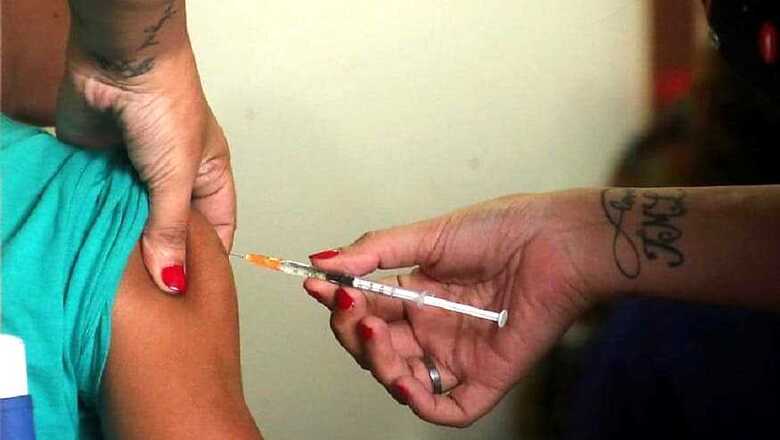
views
Authorities in Gurugram have confirmed the first three cases of dengue in the district amid incessant rains causing a spurt in monsoon diseases and mosquito-borne diseases like dengue, malaria and chikungunya in parts of India.
Blood tests of a 42-year-old man in DLF Phase 2, a 25-year-old woman in Sector 23 and a 40-year-old man from DLF Phase-3 confirmed that they had contracted dengue haemorrhagic fever, Hindustan Times reported.
The trio is being treated at private hospitals in the city for high fever, difficulty in breathing and other symptoms of dengue. Health officials stated their condition to be stable.
70 suspected cases of dengue have been reported from across the district this year, as per official data. Last year, eight confirmed dengue cases had been reported from Gurugram till August 31. Health department officials have said that the decrease in number of dengue cases this year could be attributed to slew of measures taken this year by authorities to keep vector-borne diseases under check.
“The number of fogging machines, this year, was increased to 26 from 14. Two vehicle-mounted fogging machines were brought. The number of health workers was also increased,” Dr Brahmdeep Sandhu, chief medical officer of the Municipal Corporation of Gurugram, told Hindustan Times. Around 2.8 lakh houses were surveyed and breeding spots found in around 5,000. Besides, 1,242 houses were issued notices.
The number of malaria cases in the district this season is also down at 15, compared to the 30 cases reported during the same period last year. In 2015, 451 cases of dengue were registered in the district, 86 in 2016, 66 in 2017 and 93 in 2018.
In August, the Haryana government made vector-borne diseases such as dengue, malaria, chikungunya and Japanese encephalitis notifiable for the next three years, under the Epidemic Disease Act, 1897, which empowers local authorities to implement epidemic-control measures.
Under the Act, government or private hospitals, laboratories or clinics are liable to face action by the state government, if they fail to report a notifiable disease.
Last Wednesday, the Municipal Corporation Gurgaon had urged all stakeholders to contribute to the dengue-free campaign in the district. Several government schools were also given a list of dos and don'ts to put an end to the mosquito-borne disease, and told to hold awareness campaigns on their premises for students and parents


















Comments
0 comment